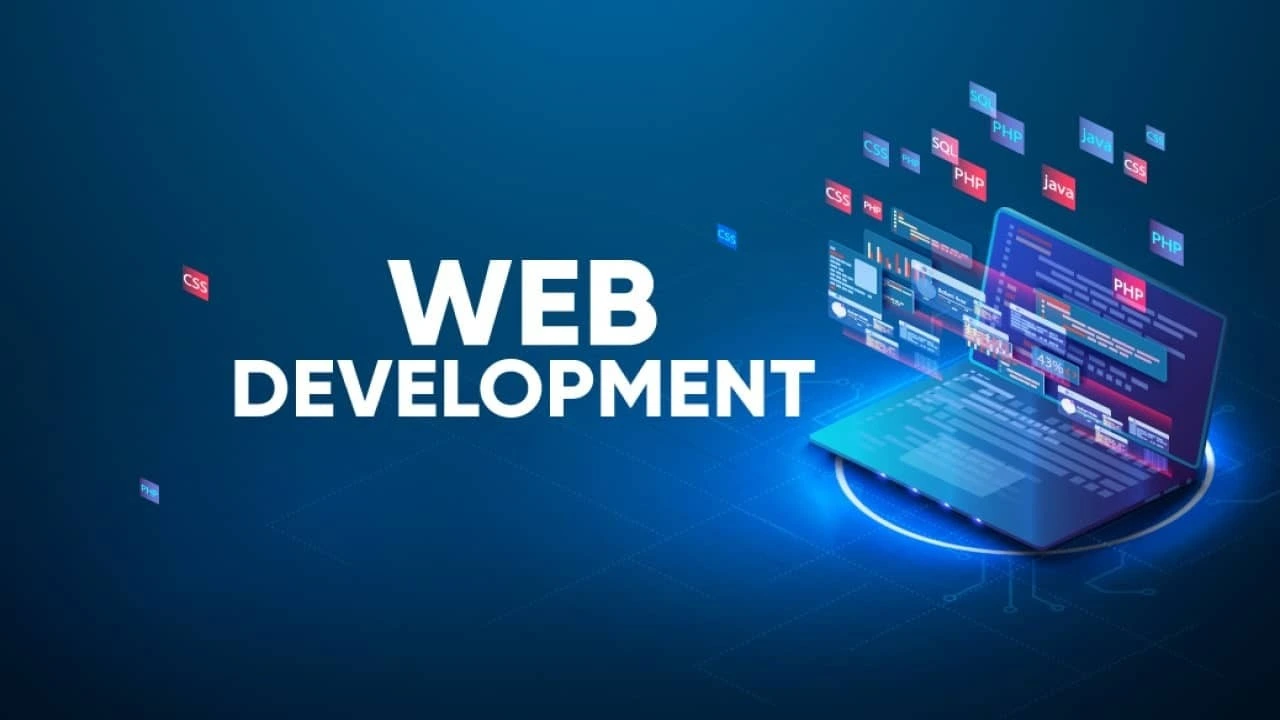In today’s rapidly changing web development landscape, selecting the right framework is essential for constructing resilient and effective web applications. Backend frameworks play a vital role in powering the server-side components of websites and applications, providing developers with the crucial tools and APIs to create dynamic and data-driven applications.
Here we will explore the complete information on the backend frameworks & the most popular backend frameworks that have gained significant traction in recent years and will dominate the market in 2024 & 2025.
What are Back-End Frameworks?
In web development, back-end frameworks are powerful tools that enable developers to build robust and efficient web applications. These frameworks provide predefined functions and tools that developers can use to streamline the development process, resulting in faster deployment and improved application performance.
Why are Backend Frameworks Crucial for Web Development?
In today’s tech-savvy world, web development has become an integral part of building successful and user-friendly websites. While front-end frameworks like React and Angular have gained significant popularity in recent years, it’s important to note that back-end frameworks are equally essential for web development.
Simplifying Data Handling and APIs
One of the key benefits of using a back-end framework is its ability to simplify data handling and API development. With frameworks like Node.js and Django, developers can easily handle complex data operations and implement robust APIs. These frameworks provide built-in libraries and tools that streamline the development process, making it easier for developers to build scalable and secure web applications.
Enhancing Performance and Security
Backend frameworks offer advantages for performance and security. By virtue caching mechanisms, clustering capabilities, and built-in security features, these frameworks help developers optimize the performance of their websites. Many frameworks, like Laravel and Express, provide built-in authentication and authorization mechanisms, reducing the risk of security breaches and ensuring user data remains safe.
Reducing Code Complexity
Web development is not just about writing code; it’s also about maintaining code clarity and simplicity. Back-end frameworks provide developers with pre-built components and functionalities, reducing the complexity of writing boilerplate code. With frameworks like Ruby on Rails and Laravel, developers can focus on building unique features and functionalities, rather than redesigning.
Facilitating Collaboration and Development Efficiency
Web development projects often involve collaboration between multiple team members. Back-end frameworks make it easier by providing standardized development workflows and conventions.
With frameworks like Django and Flask, developers can share the same codebase, making it easier to iterate and work together efficiently. Most frameworks offer built-in testing frameworks and documentation, enabling developers to catch bugs and identify issues early in the development process.
Scalability and Flexibility
It becomes crucial to select a framework that handles scalability and caters to future requirements for the enhancement of web applications. Backend frameworks such as Node.js and Django are renowned for their lightweight nature and scalability.
It provides developers the flexibility to manage growing traffic and sustain optimal performance. These frameworks also offer built-in mechanisms for handling concurrent requests, ensuring your website can handle high loads without crashing.
Benefits of Using a Back-End Framework
Efficiency
Components and libraries are pre-built in back-end frameworks. Now developers can use it in web applications. This reduces the time and effort required to write code from scratch, enabling developers to focus on the core functionality of their applications.
Structured Code
Here, back-end frameworks provide a consistent and structured approach to web development. By following predefined patterns and conventions, developers can ensure their code is organized and maintained. It makes it easier to adapt and extend in the future.
Security
Many back-end frameworks include built-in security features, such as authentication and authorization mechanisms. This enables developers to create secure applications that safeguard user data and prevent unauthorized access.
Compatibility
Back-end frameworks support multiple programming languages and database systems. Developers can choose their preferred language and database technology while using the framework’s features and functionality.
Community Support
Back-end frameworks have a large and active community of developers. This community provides support, tutorials, and resources to help developers overcome challenges and learn from the experiences of others.
Top Back-End Frameworks for 2024
1. Node.js
Node.js has become incredibly popular in recent years as an open-source, cross-platform runtime environment. Known for its event-driven and non-blocking architecture, Node.js enables developers to build scalable and efficient web applications.
With its vast ecosystem of modules and frameworks, Node.js offers many applications and use cases, making it a popular choice among developers.
With its ability to handle contemporary connections and its suitability for real-time applications, Node.js is expected to remain one of the most popular backend frameworks in 2024.
2. ASP.NET Core
Microsoft developed ASP.NET Core, a widely used open-source framework. It offers a modern and flexible approach to web development, providing developers with a wide range of features and tools. With its modular architecture, ASP.NET Core enables developers to build scalable, high-performing web applications.
3. Django
Django is another popular back-end framework that is highly recommended for web development projects. It follows the “batteries included” approach, providing developers with all the crucial features. Django is renowned for its simplicity and scalability, making it a popular choice for small to medium-sized projects.
4. Express.js
Express.js is a versatile and lightweight back-end framework for Node.js. It provides a simple and expressive way to build web applications, with a focus on performance and scalability. We know Express.js for its minimalism and ease of use, making it a popular choice for rapid application development.
5. Laravel
Laravel is a popular PHP-based web framework that has gained immense popularity in recent years. Known for its elegant syntax and expressive API, Laravel provides a clean and structured approach to web development.
It offers a range of features, including routing, caching, and authentication, that enable developers to build robust and maintainable applications. With its extensive ecosystem and community support, Laravel is expected to remain a popular choice among developers in 2024.
6. Flask
Flask is a powerful and flexible Python web framework that encourages rapid development and clean code.
Its reputation lies in its simplicity, flexibility, and extensibility.
With its support for RESTful APIs and comprehensive documentation, Flask is commonly used to develop RESTful web services and web applications.
7. CakePHP
CakePHP is a popular open-source back-end framework for web development, particularly suited for building web applications in PHP. It provides robust features, such as database abstraction, authentication, and authorization, making it a popular choice for building robust and scalable web applications.
8. Spring Boot
Spring Boot is an open-source Java web framework that provides developers with tools and libraries for building web applications. It is widely used for building microservices and RESTful APIs. With its support for dependency injection, autoconfiguration, and RESTful web controllers, Spring Boot simplifies the development of Java-based web applications.
9. Koa
Koa is a modern web framework built on Node.js that emphasizes simplicity and performance. It offers features such as middleware support, generators, and async/await support. We know Koa for its performance-focused architecture and ability to handle high loads efficiently. It is a popular choice for building RESTful APIs and web applications in Node.js.
10. Phoenix
Phoenix is a modern web framework built on top of Elixir and Erlang. Get ready to harness the power of a resilient and adaptable platform designed for creating stunning web applications. Because of its robust real-time functionality, Phoenix is frequently employed in web applications and other real-time applications. Its ability to handle high scalability and maintain fault tolerance has made it a favored option among developers.
11. Ruby on Rails
Ruby on Rails is an open-source web framework that has gained immense popularity. It offers a Model-View-Controller (MVC) architecture, providing developers with a structured approach to web development.
Ruby on Rails is renowned for its simplicity, productivity, and strong community support. It is a popular choice for building web applications and dynamic websites.
Final Words
At SleekIT Technologies, a top-notch web development company, our experts use the latest and greatest backend frameworks to build crucial web applications. For 2024, the top picks are ASP.NET Core, Django, Express.js, Flask, Laravel, and many others.
These frameworks offer features, flexibility, and scalability to create web apps. The best framework for your project depends on what you need and what you prefer.


